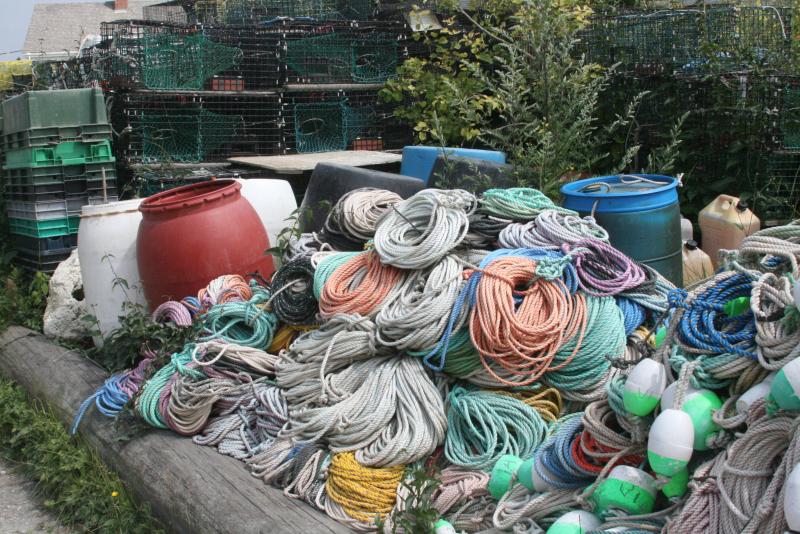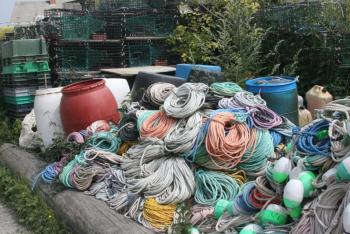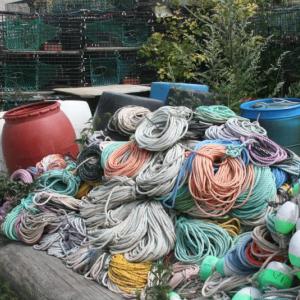Block to NOAA spending on data tool fails in U.S. House
Maine lobstering communities have been dealt blow after blow in recent years in regulations and shortages. As the National Oceanic and Atmospheric Administration attempts to deal with a declining population of the endangered North Atlantic right whale, it’s calling on Maine fishermen to reduce vertical lines by 50%.
Maine’s Second District Congressman Jared Golden sponsored an amendment which would withhold funds from NOAA’s Risk Assessment Tool he thinks includes irrelevant and outdated data from the Mid-Atlantic region – until a thorough peer review is completed. The amendment, co-sponsored by Maine’s First District U.S. Rep. Chellie Pingree failed June 20, 345-84.
“The federal government is asking Maine lobstermen to make huge sacrifices without clear evidence that those sacrifices will have any positive impact on right whales,” Golden said in a June 19 release. “… It’s important to help the right whale, but there’s no conclusive proof that right whales are getting entangled in Maine waters. NOAA needs to use sound science and reliable data to make its policies and that can’t happen without peer-review …”
Neither Congressperson was immediately available for comment.
NOAA has reported that in the past year eight right whales were found dead in the U.S. and 12 in Canada; none were found dead in the Gulf of Maine and in no case was entanglement in fishing gear a conclusive cause of death.
The North Atlantic right whale has been listed as endangered since the early 1970s and has teetered on the brink of extinction. In 1992, the population was estimated at 295, then at 500 in 2010, but NOAA scientists now estimate just over 400 are left.
The reductions were unveiled in April by NOAA which set a goal of at least a 60% reduction in risk to the whales; the 50% reduction in lines from buoy to trawl will fulfill that goal. The Maine Department of Marine Resources has been tasked with working on an implementation proposal due to NOAA in September, in time for the organization’s draft rule for protection measures slated for later in the winter. As in the past, each lobstering zone can work on its own implementation and DMR’s Patrick Keliher has been meeting with each zone’s council to find possible solutions.
New regulations are expected in 2021.
Event Date
Address
United States

























